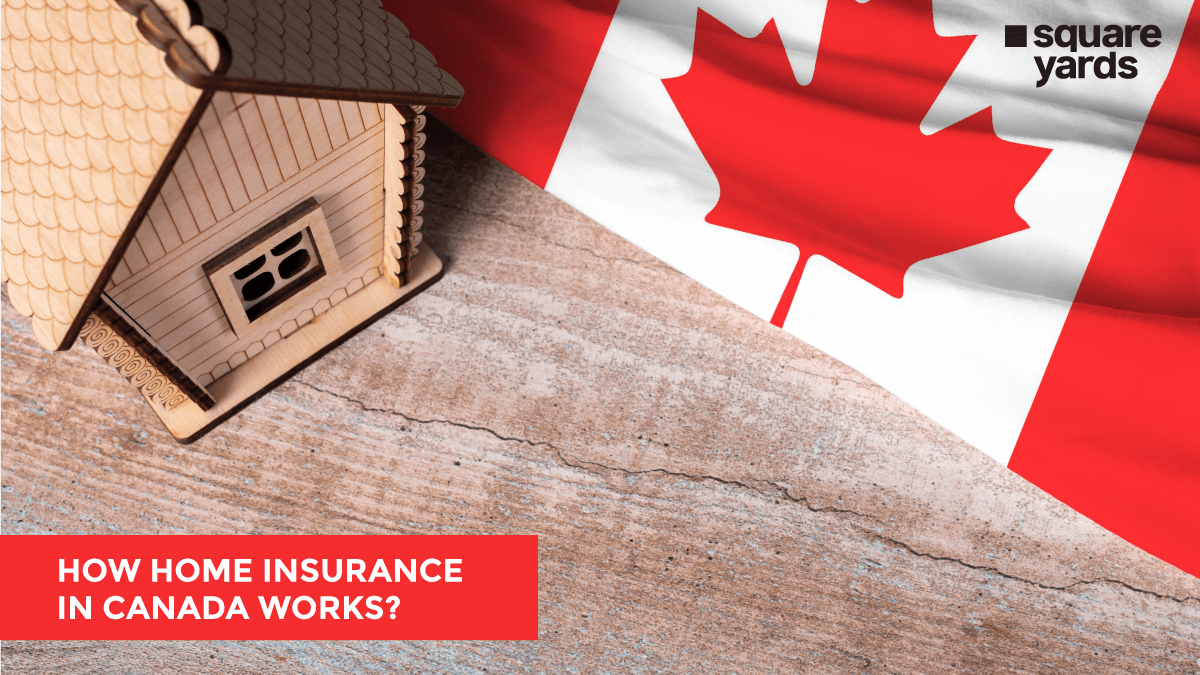Tips For Buying a home in Canada is a huge investment, but you must protect it. Know About Home insurance is the solution for this. Insuring your home protects you and your home in any unforeseen event. In the insurance policy, you pay the premiums, and the insurance company agrees to pay a certain amount for specific events. But there is a lot involved in the buying of insurance. You must choose the right type of home insurance coverage that covers all the necessary items and claims. Read on to learn everything you need to know and consider before purchasing insurance.
Need For a Home Insurance
House insurance protects the insurer if anything happens in or at the house or any property linked with it and is included in the insurance claim. Home insurance is not mandated by law, but mortgage lenders prefer home insurance coverage to protect their loan if any accident happens to the property. Hence, it would be best if you bought insurance for your home as it will cover the following areas:
-
Dwelling
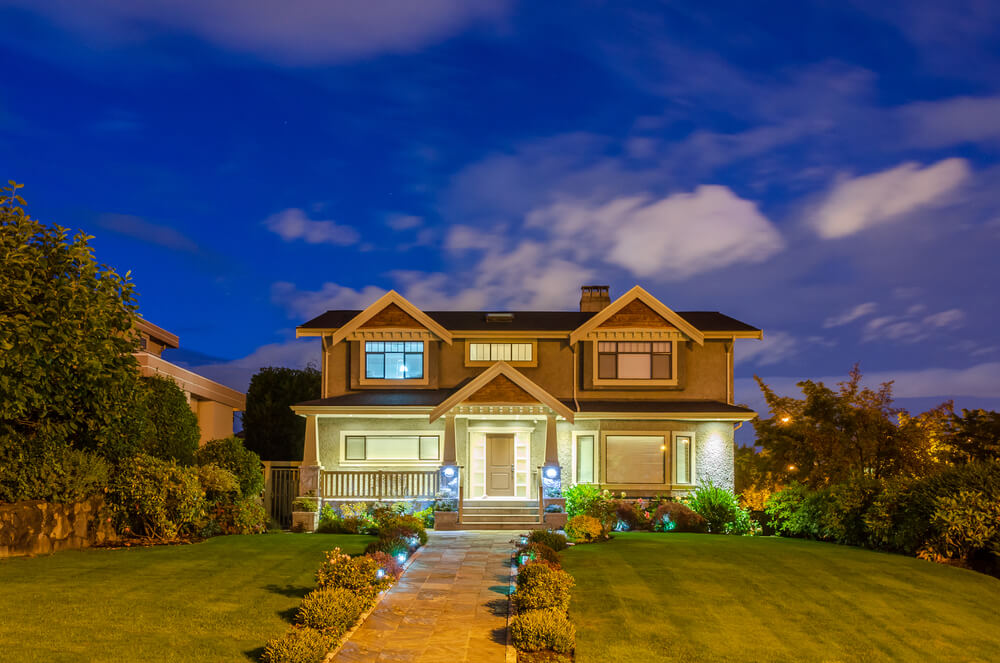
The insurance policy covers your main building and the building you live in. The insurance will pay you the claim if any rebuilding or repairing is required to the structure owing to any loss caused by damage, theft/ vandalism, fire, lightning, explosions, wind storms, impact by aircraft or vehicles, water damage, smoke, and falling objects.
These are standard perils, but when buying insurance, read all the events covered and their definitions properly and include any specific peril prone to the area you live in. For instance, there was water damage in Ontario, earthquake damage in British Columbia, and forest fire and flood damage in Alberta. If needed, ask for any additional insurance that you might require but is not included in the insurance policy.
-
Additional Structures on the Property
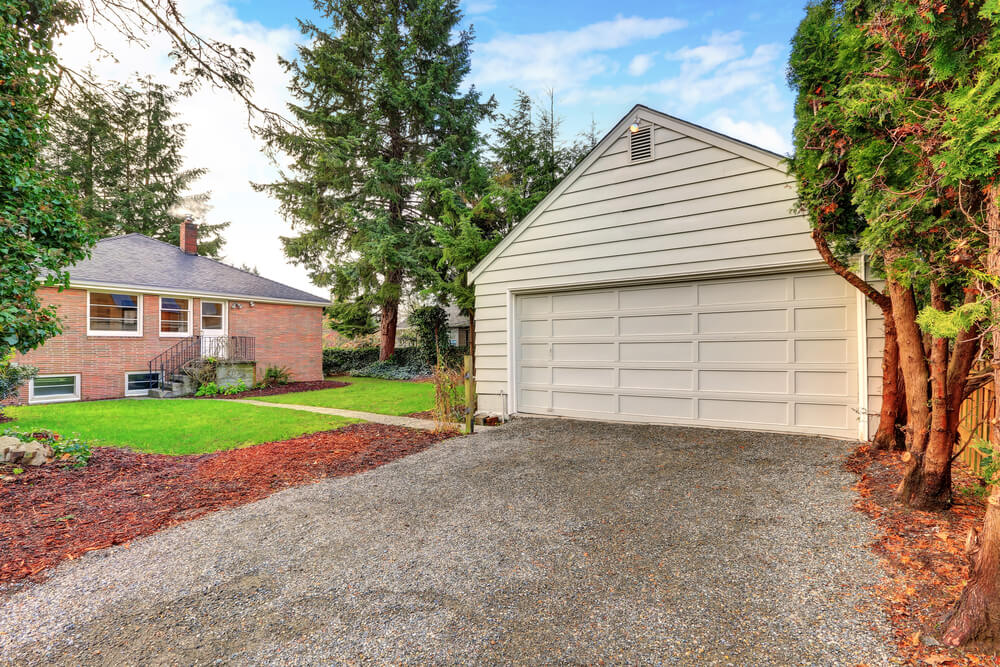
Home insurance coverage also includes other structures or property detached from the main building on your property’s land. Damage to structures like garages, decks, fences, tool or storage sheds and in-law suites is also insured under the insurance policy.
-
Personal Items

Your items in the house, like clothes, jewellery, electronics, furniture, and sporting goods, also come under protection in home insurance. In case they are damaged, destroyed, vandalised and stolen, they are covered in the insurance policy. In this case, please make an inventory of all the important items. Inventory will make the process of insurance easier. All the important documents related to these items—receipts, pictures, appraisals, serial and model numbers, etc.—should be kept secured.
During the process, disclose the inventory to the agents so they can advise on the appropriate values and any additional insurance you might need for expensive items, such as jewellery, famous and original artwork, and other valuables. However, some limitations may be applied to certain things, so research and purchase the best coverage that meets your needs.
-
Additional Living Costs
Your insurance also takes care of that aspect when you are staying at a hotel or another house because your permanent residence is temporarily unavailable. This happens if your house has suffered damages insured under the coverage policy or you have to vacate your home under the orders of the civil authorities in an emergency. Nevertheless, the coverage is subject to limits and terms and conditions.
Types of Home Insurance Coverage
Everyone’s requirement for property insurance varies; hence, insurance companies provide various types of coverage for the homeowner to choose from.
-
Comprehensive
Also known as a special or all-perils policy, the comprehensive insurance policy includes coverage of your home and its items against all the events except those mentioned as exclusions. Usual inclusions are coverage against earthquakes, flooding, and sewer backup. Of all the policies, the comprehensive policy provides the maximum coverage. Other perils not specifically mentioned in the policy are mostly insured.
-
Basic or Named Perils
The named peril, or standard policy, this house insurance Coverage type, provides insurance against all the threats and eventualities mentioned in the policy. Only named events, like fire, theft, and others, are covered under this policy. This is usually the most affordable option.
-
Broad
A mid-way between comprehensive policy and named perils insurance, comprehensive insurance is similar to comprehensive insurance concerning insurance of your home and similar to basic policy regarding coverage offered for contents of the house. The overall policy covers all the risks on the main property except the ones mentioned particularly, and for content items, it covers only those risks mentioned in the policy.
-
No-frills
The no-frills policy is offered when your property does not meet insurance standards. They do not provide quite a lot of benefits. Upgrade your property to qualify for basic insurance.
-
Personal Liability
This coverage means that when a person gets hurt on your property and accuses and sues you, the property insurance protects you. Also, if your negligence damages your neighbour’s property, the coverage also covers that.
What Doesn’t Home Insurance Cover?
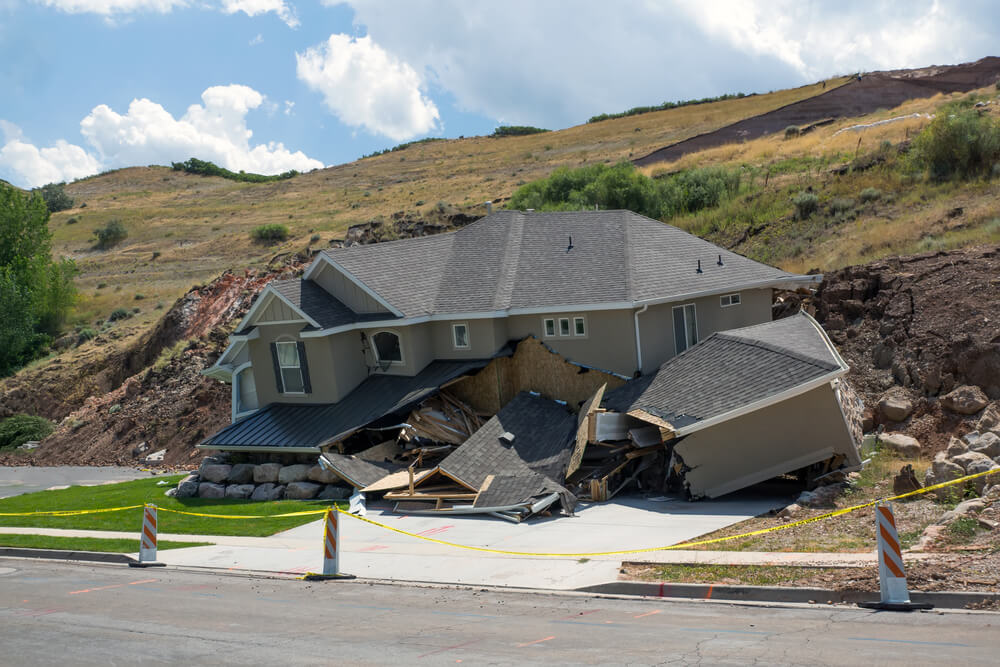
Most home insurance coverage policies mention all the things they cover. For some of the things that they have limited coverage for, they ask you to subscribe to other respective insurance policies that would provide you with better coverage for the items. But there are some events and cases which are not covered in the house insurance; these include:
-
- The damage caused by natural events like earthquakes, landslides and avalanches might not be entirely covered. Therefore, areas prone to these disasters might need extra add-ons to protect themselves.
- If you are running a business from home, you must take appropriate business insurance. Your home insurance coverage would not include this.
- Predictable events like when you are out of town in winter and the pipe at the house bursts from freezing. Any other type of pipe bursts will be included. Sewer backup and flood situations require proper flood insurance.
- Damage caused by rodents, pests and termites.
- It is considered fraud and criminal activity when you purposely harm your property.
- Not maintaining and upkeeping your home because you think that the insurance company will cover it in case of any damage. Your insurance will not bear normal maintenance costs.
- Certain valuable items, like pricey artworks, and jewellery, only receive limited coverage in insurance.
Common Damage Risks to Canadian Home Insurance
Some of the common damage risks that a Canadian household faces are water and fire damage.
-
Water Damage Coverage
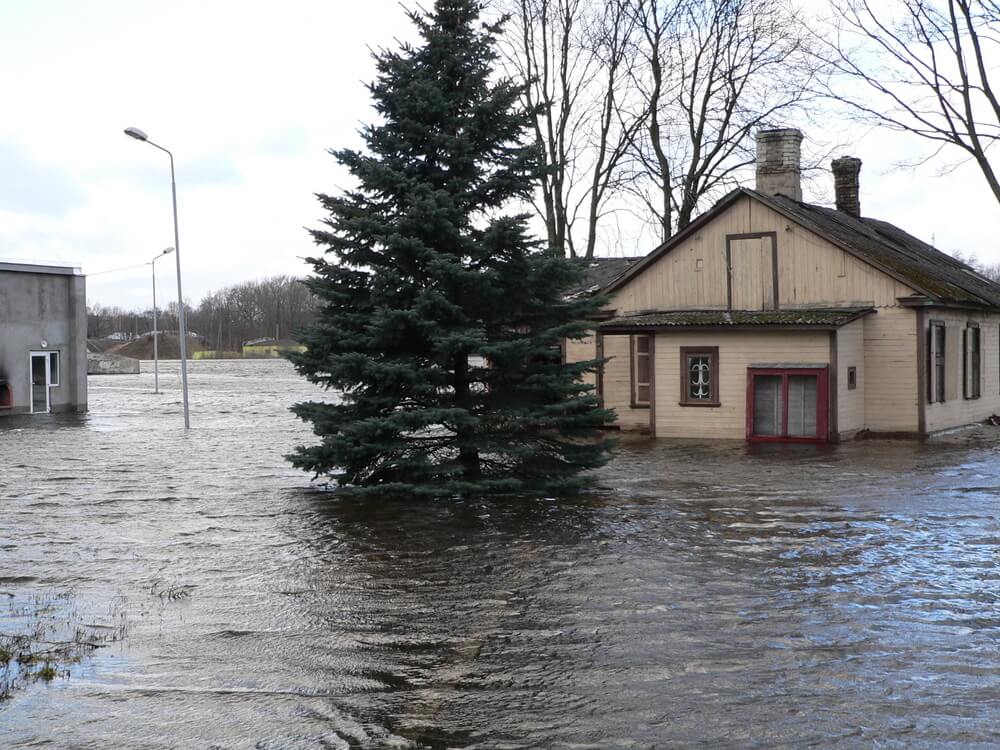
Water damage is the most common insurance claim in Canada. In such a case, you would want to cover your home against water damage, like floods, sewer backups, or overland water, especially if you live near a water source or if your region usually experiences floods. The insurance policy covers damage caused by bursts, leaking pipes and nothing more. If you are out on vacation and any water damage through pipes occurs, the insurance company is not liable to pay for them. When you are out, ask your neighbour or relative to check regularly to ensure no damage occurs.
-
Fire Damage Coverage
All types of insurance coverage protect against fire. You are insured if your property is damaged because of a fire starting in your neighbour’s house. But the insurance is provided only if the fire begins unintentionally. If any cause of the fire is found other than the accident, the insurance is not liable to provide for all the expenses.
Wrapping Up
Nothing in life comes with prior notice; hence, it is better to take precautions than to be sorry. So, just like your life, your house needs to be insured in case of any financial and emotional damage. The insurance should meet your needs and cover most of the things you hold dear. Thus, go through all your insurance policies and choose the one that best suits your needs.
You May Also Read :
| Home Insurance in Ontario | All About Home Insurance in Ontario |
| Home Title Insurance in Ontario | Need a Home Title Insurance in Ontario |
| Small Business Insurance Policy | Benefits of Small Business Insurance Policy |
| Real Estate Mortgage Process | Guide To Real Estate Mortgage Process |
Frequently Asked Question (FAQs)
What is usually covered by home insurance?
Your main property or building that you live in, the contents within the house, the detached structures, and any additional living costs that you might have to bear because of damage to your property.
Are leaks covered by buildings insurance?
Yes, accidental leaks are covered by insurance. But if the leak is due to a lack of maintenance or occurs in a vacant house, the policy does not cover them after a certain period.
Is home insurance mandatory or optional in Canada?
Home insurance is not mandated by law, but it is a better option to protect yourself and your home.
Why do you need house insurance?
House insurance is needed to have a backup if your house suffers damage because of destruction, fire, or any such cause.
Can you get a mortgage without insurance?
Mortgage providers mostly offer loans against houses that are insured, as that would guarantee them payment in case the property is destroyed.
Is home insurance mandatory in BC?
No, home insurance is not mandatory in BC.

